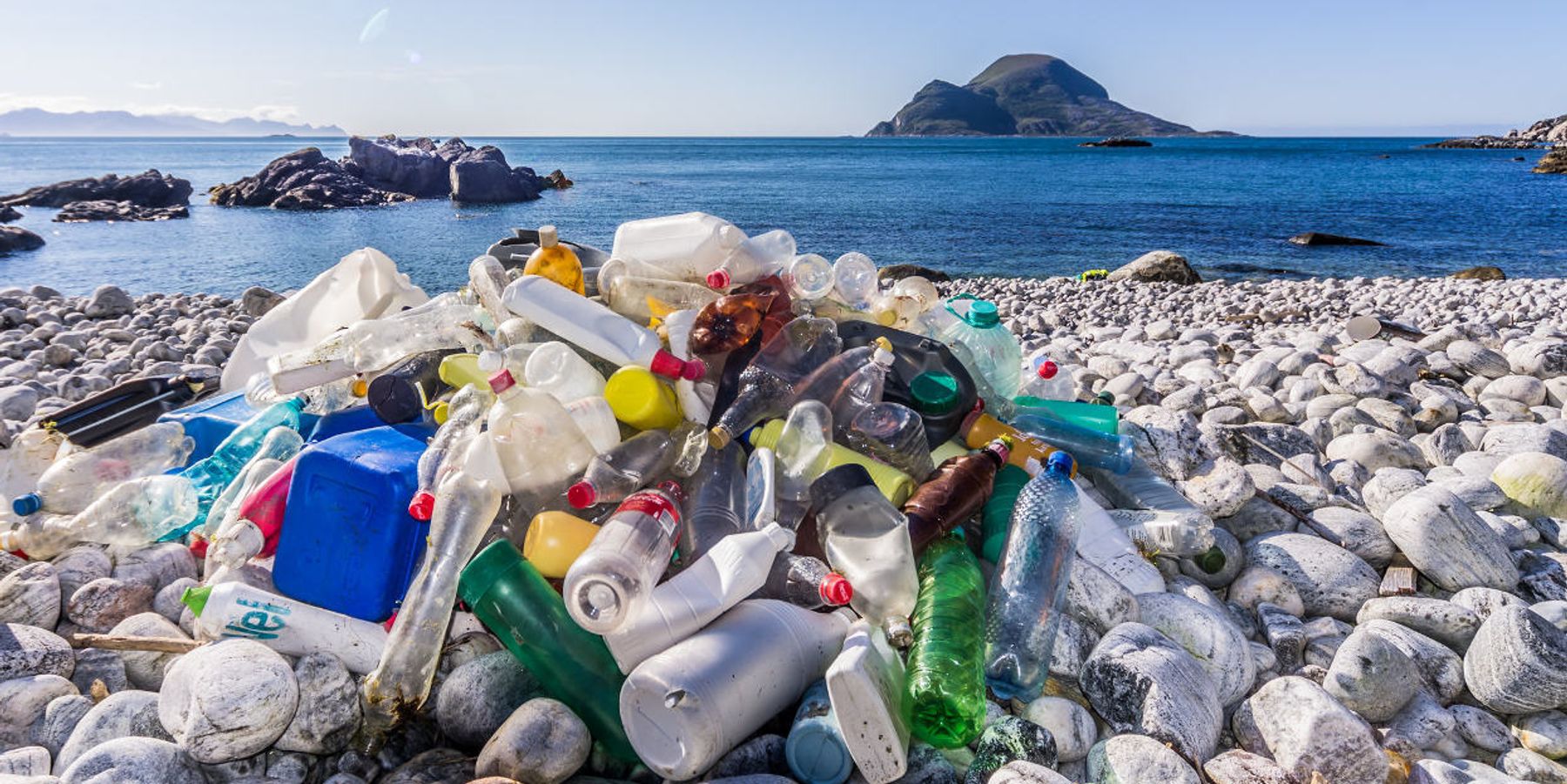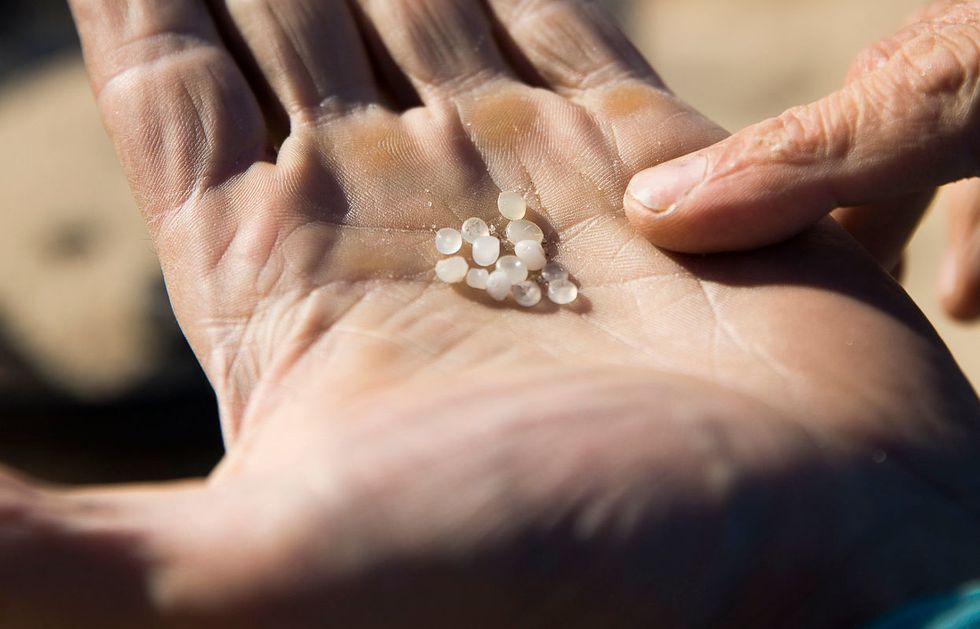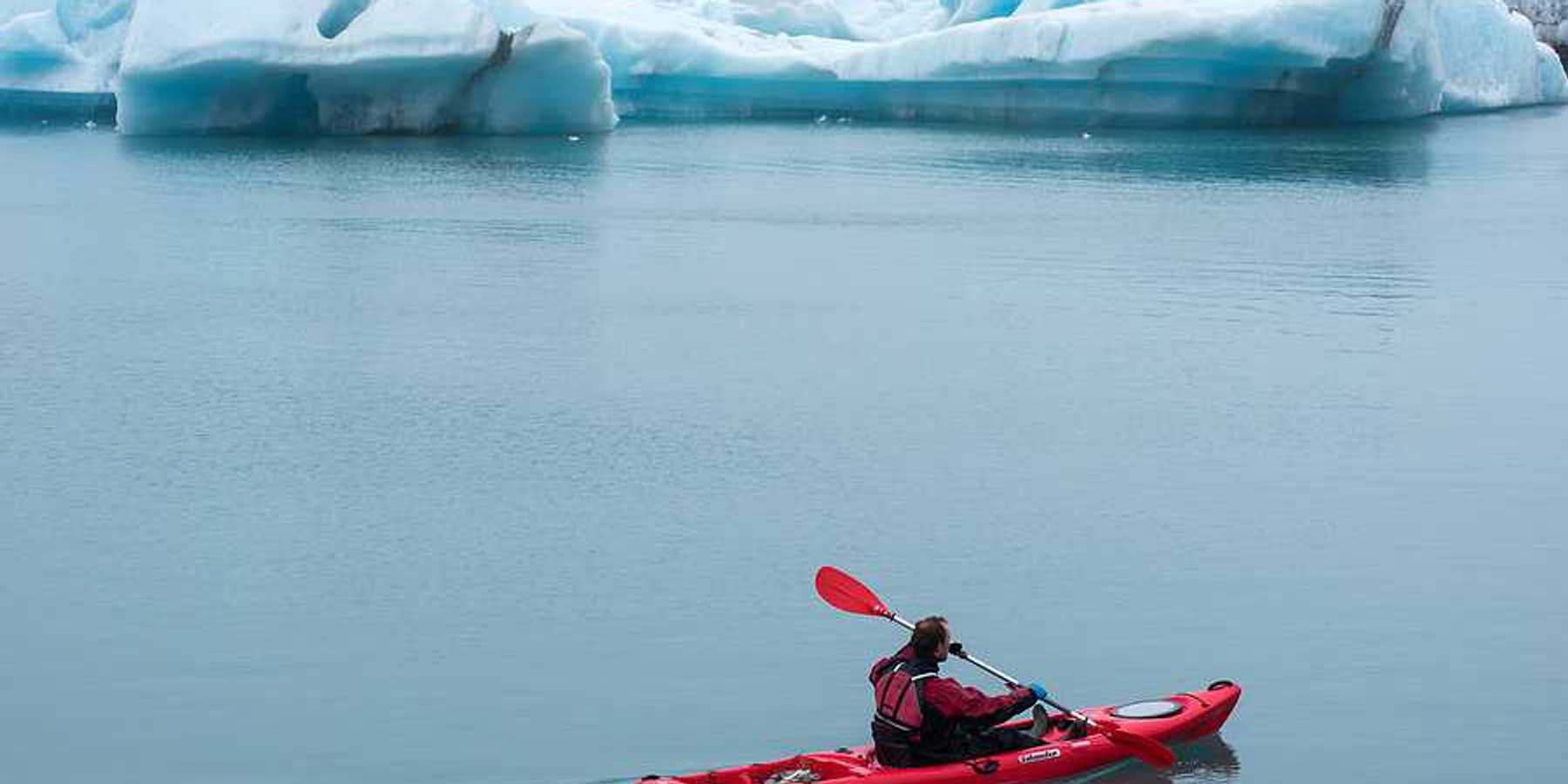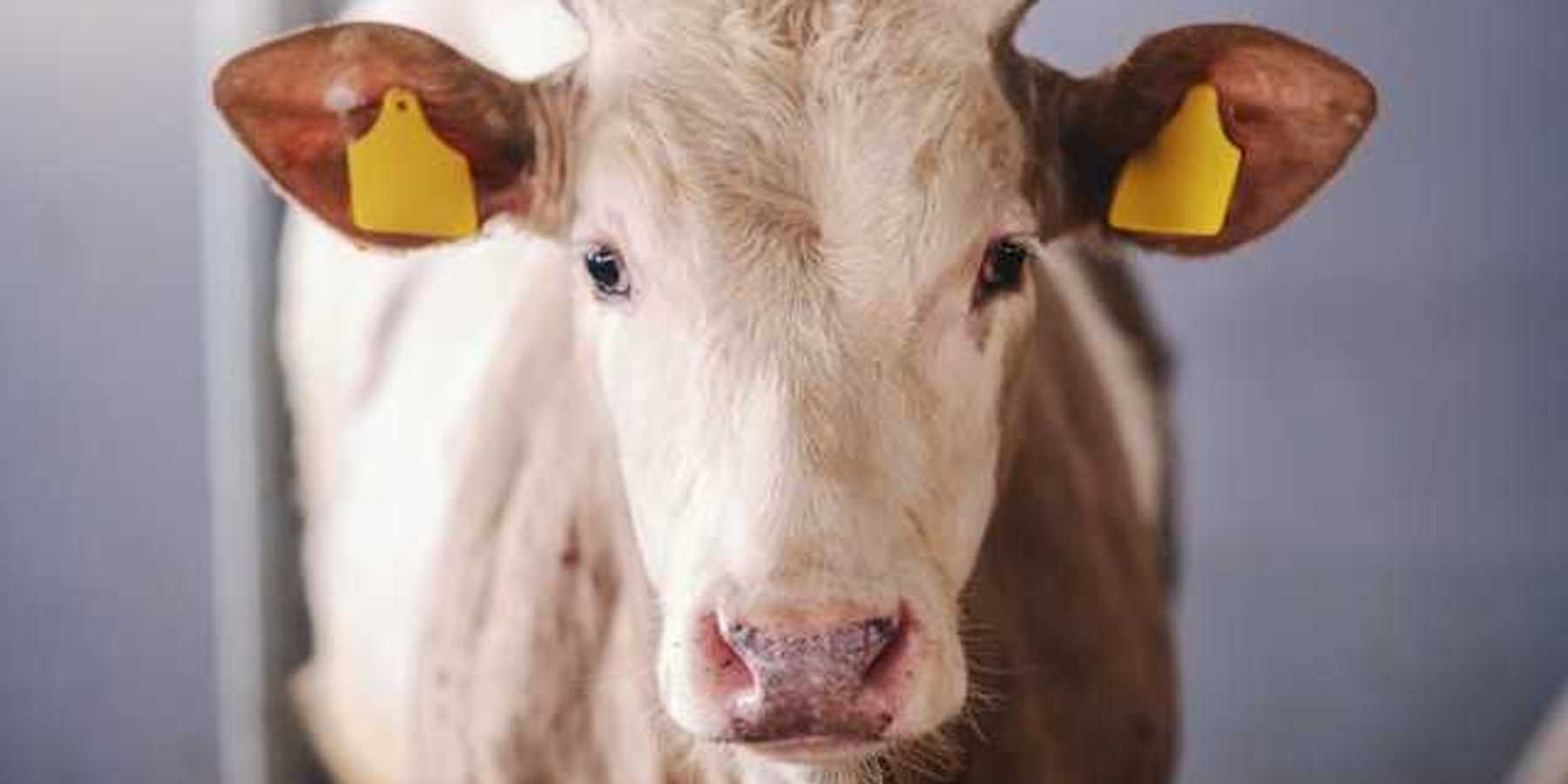
Our plastic planet
While climate change remains environmental issue #1, the worries over plastic in our water, soil, food, and bodies continue to grow.
It's always a challenge to find good news on the climate and environment beat. And we all desperately need a little more of the upbeat stuff right now.
So I apologize in advance for the following.
It's hard to ignore the looming mountain of plastics problems. Plastic pollution has been hiding in plain sight as the next eco-calamity for decades. With climate change teed up as the major global environmental challenge, let's take stock of another modern crisis.

Nurdle alert! My first encounter with nurdles was on what should have been a pristine Costa Rican beach in 1986. The lentil-sized, grayish pellets spread the sands for miles, along with a stunning number of shoes. I never figured out the source of the shoe spill, but nurdles eventually became a headline-maker in the oceans world.
Nurdles are the feedstock for much of the world's production of plastics products. If plastic things were pancakes, nurdles would be the batter. They're spilled from trucks, boxcars, and in the case of the Costa Rican beach, apparently a container ship. There are no firm statistics on how many spills there have been, or how many hundred of billions of virtually indestructible nurdles litter our beaches and seafloors.
One example: in 2017, 600 volunteers scoured 279 U.K. beaches, reporting that two-thirds of them were "littered" with nurdles.
We do know that nurdle pollution is the tip of the plastic pollution sh*tberg.
Let's talk recycling. For years, much of what we think of as recycled plastic was collected in communities and eventually shipped to Asia. In 2018, the People's Republic of China formally announced that they'd officially had it. Imports of recyclable plastic had choked China's landfills beyond reason. Early, rudimentary successes with recycled goods had run their course. But we reached Peak Flip-Flop, and China's National Sword initiative slammed the door, barring plastic waste imports from the U.S. and about two dozen industrialized nations.
Most of our plastic goes to the landfill. In 1960 the U.S. sent roughly 390 tons of plastic waste to landfills, according to the U.S. Environmental Protection Agency. In 2017, the most recent year there is data for, that number shot to 26,820 tons, which is about nine times more than was recycled. Yikes.
Part of this is driven by the market to make plastics: the U.S. fracking boom caused an abundance of cheap natural gas and oil. By mid-2019, it was cheaper to make new plastic than it was to recycle the old stuff.
Here are some other quick facts to put a damper on your day:
- In 2018, Norwegian researchers reported an enormous rise of plastic particles found in Arctic wildlife as well as similar increases of plastic particles in melting Arctic sea ice.
- A 2019 Scripps study of sediments in California's Santa Barbara Basin shows deposits of plastic have doubled every 15 years since the end of World War II.
- Microplastics are of increasing concern in farm soils, including those placed there intentionally as seed coatings, artificial mulch, and more. Yes, intentionally.
- In June of this year, a Utah State University researcher reported finding at least 1,000 tons of microplastics in 11 remote locations in the American West, including Grand Canyon National Park and Joshua Tree National Monument. The researcher suggested that "plastic deposition" in such remote places could mean we're bathing in it, even when we're miles from water.
We know the problem has been building for years, and the paths to solutions are often blocked by the fossil fuel industry, which sees salvation in plastics production as its other marquee products fade.
While we all rightly call for leaders to address, and in some cases just acknowledge, the climate crisis, let's also remember to skip the straws and question those that keep pumping plastic out into our planet.
Peter Dykstra is our weekend editor and columnist. His views do not necessarily represent those of Environmental Health News, The Daily Climate or publisher, Environmental Health Sciences.
Banner photo credit: Bo Eide/flickr













